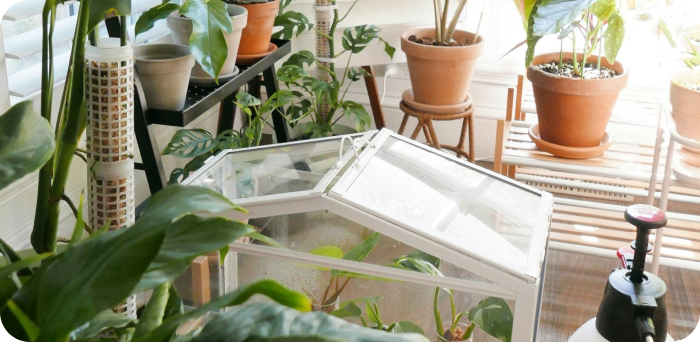Gardening Should Be Green

At Garden Guru we’re on a mission to make gardening more sustainable.
Gardening is not just about planting seeds and spending quality time outdoors, but also about cultivating a better and greener world. We understand the necessity of protecting the natural environment and are committed to providing the highest quality, eco-friendly garden tools.
Sustainability is a core priority throughout our production and supply chain. While we’re not perfect, we’ve made strides to measure and reduce the environmental impact of our products. When you buy from Garden Guru, you help keep waste out of landfills, conserve precious forest habitats, and ultimately make the world a greener place through your own garden care. Together, we can make the world a more beautiful place, for generations to come!
Our Actions
How You Can Do Your Part
- Recycle product packaging
- Care for your tools after use to reduce wear and tear
- Donate items that you no longer need or use
- Convert asphalt and concrete areas into green spaces
- Use environmentally friendly gardening practices that conserve water and limit fertilizers and pesticides


